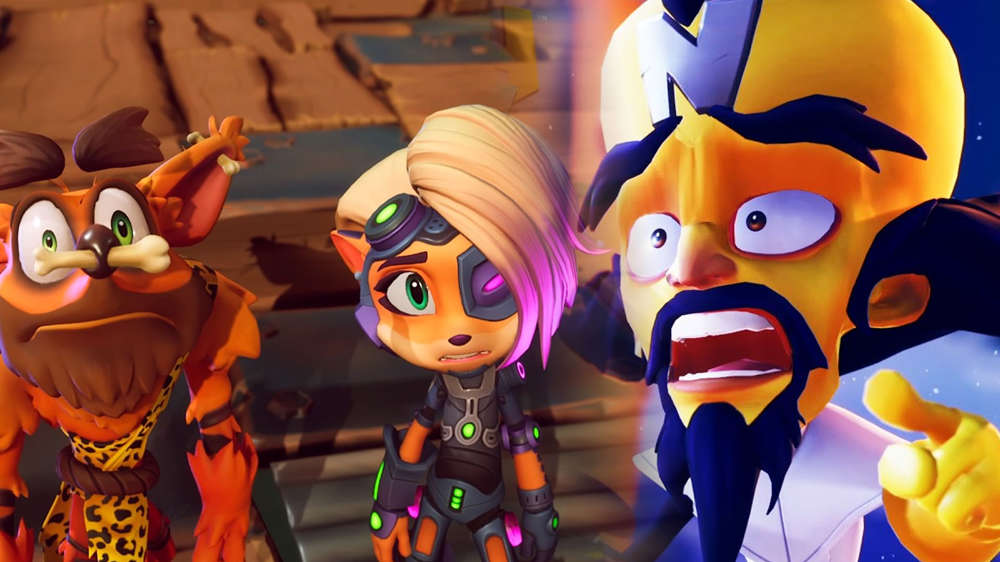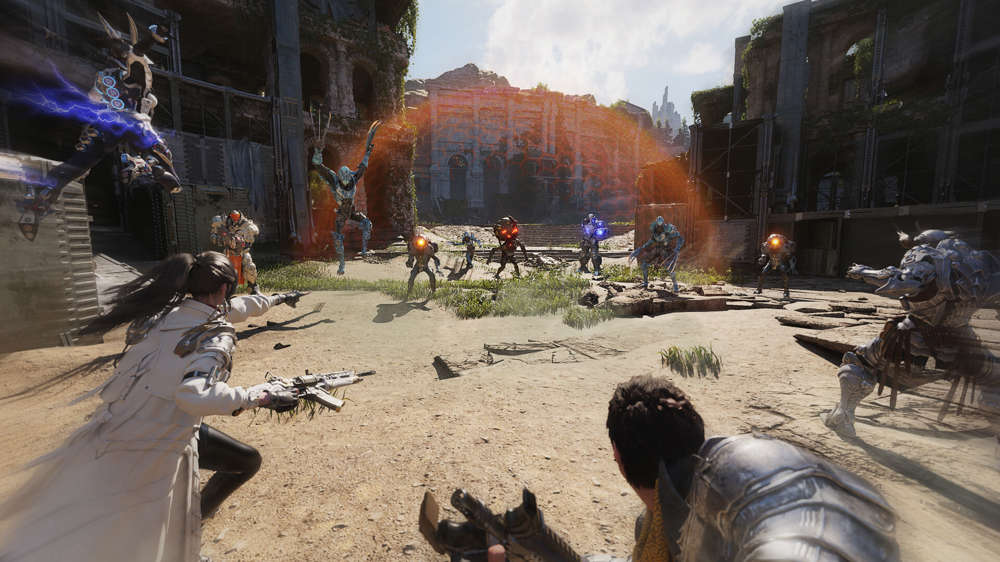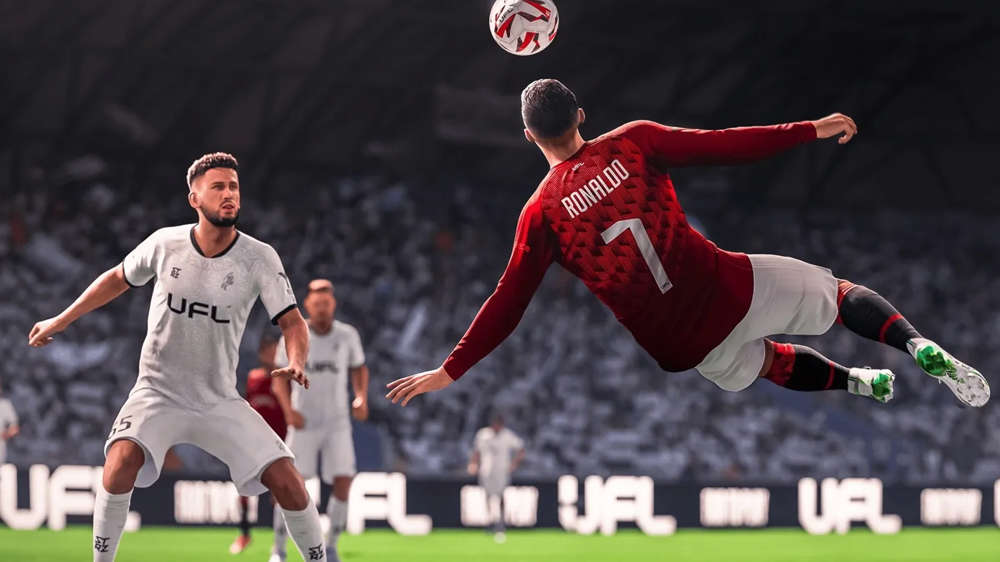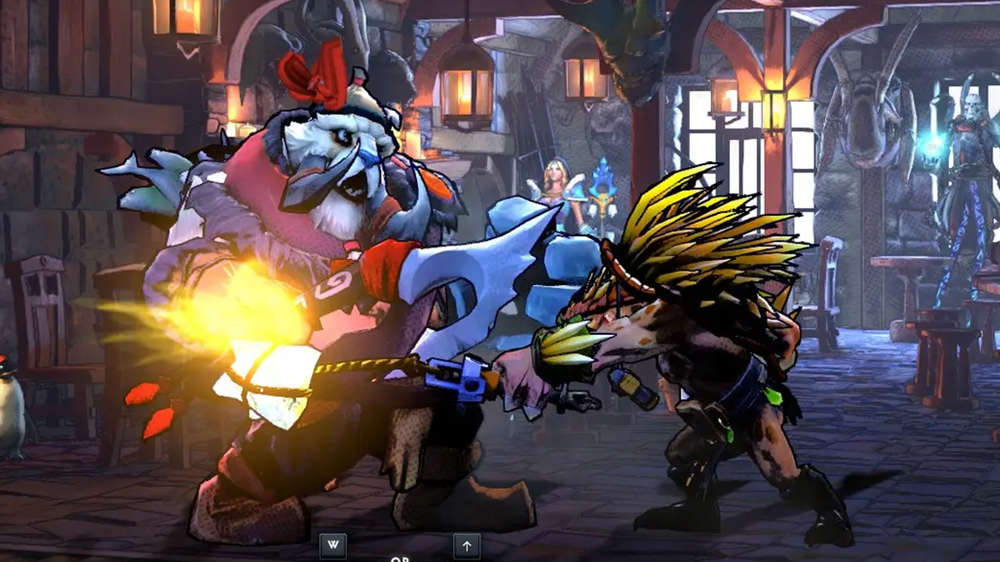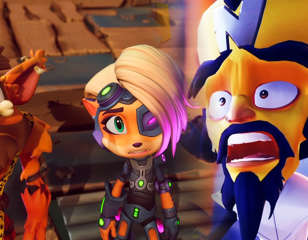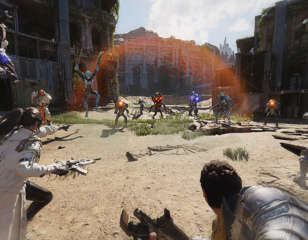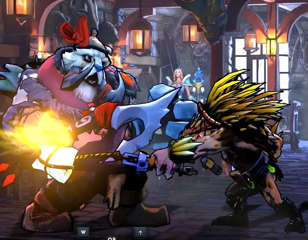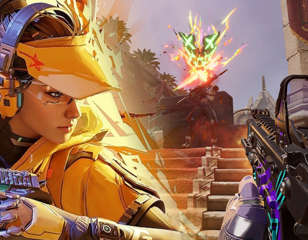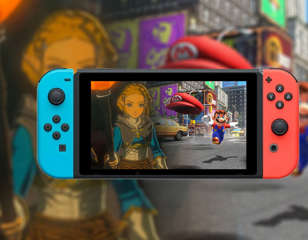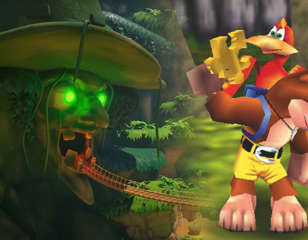How To Get Your Daughters Into Esports
Fixing the esports gender equality problem from the ground up.

Daxa babyblu Angresh
29th Aug 2020 17:00
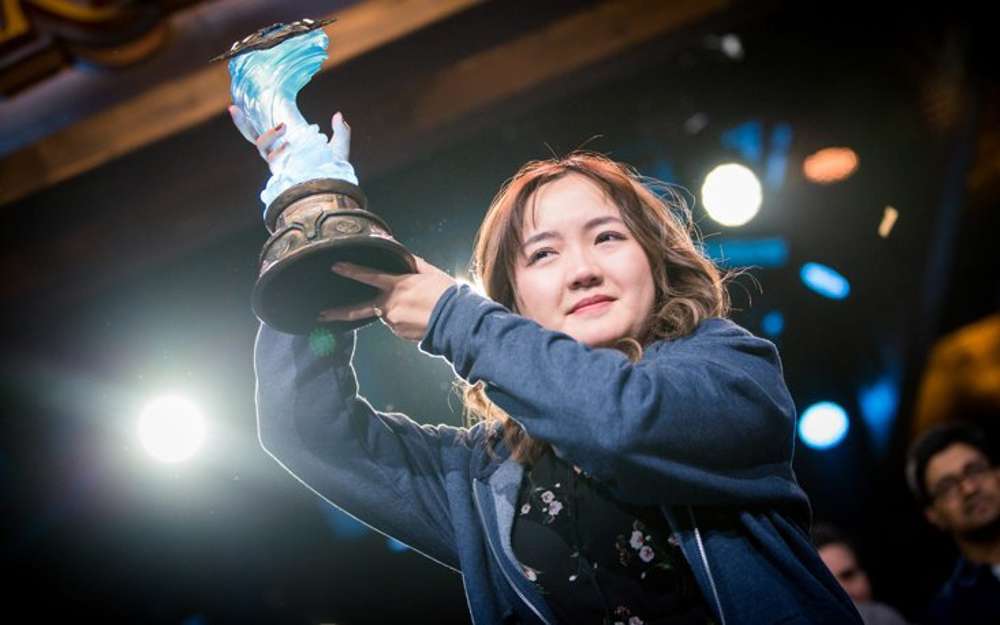
We all already know that there is a gender discrepancy in gaming and esports, and most of us have agreed that there's a lot we can do to make the space more welcoming to women. However, since there have been many studies indicating that the gender split in gaming itself is around 50/50, there has been a lot of discussion, especially recently, about the reasons why this discrepancy exists in its most extreme form amongst the absolute top tier of esports athletes.
We recently saw VKLion win a Hearthstone championship, and have been watching Scarlett tear through the top of the Starcraft scene for years. So the gap is closing, but here's how you can help to close it more.
The one thing in common for almost every athlete or pro gamer in the world, or anyone at the top of their game in any field, is an early start (where possible). This means from a young age, they have had access to, time for, and interest in the area of their expertise. If you are a parent, sibling, or friend of a girl or non-binary kid who you think is interested in or capable of great things in gaming, here's a simple guide on how to create a welcoming and encouraging environment for them to follow a passion - and be truly great at esports.
1. Showing them what's out there
If the kid you have in mind likes mobile gaming or watching Let's Play videos on YouTube, but is competitive and driven in PE or schoolyard games, they might be the perfect candidate to be interested in esports. Show them what's out there! There are competitive scenes for all kinds of games, like fighting games, MOBA, FPS, strategy games, and even sim racing. Expose the kid to what you think they might take a liking to, or as much as you can, by recommending little pieces of content at a time. You can say things like, "Hey, you know that Minecraft/Fortnite/etc. video you were watching? Did you know that people play in big game competitions to see who's the best?" And show them highlight videos of big tournaments in whatever game you think they might be interested in. Something like a MOBA or a strategy game probably wouldn't interest a younger kid, but what competitive little girl wouldn't want to beat people up as Cammy, or soar through the air and chuck knives as Jett?
2. Be open to their curiosity
Chances are, if they're older than six and already into games, they probably have already heard of something like the Fortnite World Cup. If they independently express interest, be open to it! Make some time to watch a big game together, or perhaps take a trip to your local (family-friendly) event. We have come to expect the gaming scene to be full of people with, if you'll pardon the term, p*tty mouths, but I have had many a wholesome interaction with a parent who has brought their kids to the local LAN centre. While the anonymous online world of gamers may be full of gatekeeping and toxic behaviour, the people who care enough to come out in person and build a genuine local community around their hobby usually know when to behave appropriately, especially if you introduce yourself, make connections, and have a good time watching or competing in local events.
- Read More - The Changing Tide in Esports
3. Investing in the hobby
If the little rascal in your life has gotten this far, they might become enraptured with the idea of competing themselves, and putting some time in to get genuinely good. Games like Fortnite aren't played at the top level on a gaming console or phone (although mobile gaming esports is definitely on the uptick) but on a PC. Shroud didn't become the greatest raw aimer in North America of his time by some miracle - he became Shroud because he had a dad who happened to love building computers as a hobby, and let him play Counter-Strike on his lap. If your kid has made it apparent that they are interested in being really good and beating others, rather than just playing for fun, you might be off to the races! At this point, you may have to explain that the tools used by actual professionals are not just toys…
Buying a computer is no small task, and kids are notoriously good at getting just interested enough in a hobby for you to invest - only to give up on it later (my sister's rotting old guitar from 13 years ago can attest to that). But you are in luck - most esports games are designed with accessibility in mind, so you don't need the newest or the fastest in hardware to get a genuinely good experience. Not to mention, the same machine you might build for your kid to game on can last them years for creative or school work.
There are plenty of guides online for building or buying entry-level esports machines, but to give you an idea - in 2020, 16GB of DDR4 ram, a 6-core CPU from 2017 or later, and an NVIDIA GTX 1070 are about the minimum you can expect to have a genuinely great experience in esports titles with. In terms of peripherals, "gaming" branded mice do make a difference, but you can get great ones from reputable brands such as Logitech and SteelSeries for under US $30. The only thing that you might consider a luxury that most esports players consider a must is a high refresh rate monitor. Luckily, 144hz panels are now 5+ years old, and there is absolutely no harm in buying used from your local area gamer who may be upgrading to 240hz - I've seen good ones consistently lower than US $150. You can expect a minimum total investment for an entire setup from scratch, including used or on-sale items, to be US $650-750.
4. Competitive drive, and honing skills
So your kid is into it, you've captured her enthusiasm, and maybe yours too. You've made the investment, and you're both putting in some time. Where do you go from here? Well, gaming to win can be more than just sitting down and having a bit of fun. Gaming to win requires thoughtful practice and improvement. There are a plethora of guides online for things like aim, game sense, and strategy for all kinds of games, and especially in esports, the rabbit hole is nearly endless. That's the benefit of getting into it at a younger age, and there's plenty of time to improve. What's more meaningful is having practice time be genuinely thoughtful and intentional. Even while just gaming for fun, try to make a point of learning for your mistakes.
Esports can be just as much about building consistency and minimising mistakes as it can be about being cool and making flashy plays. One quick, easy way to do this in games with lives and deaths is to ask her why she died when she does. She will be forced to question her own decisions, like if she was standing out in the open, or missed a shot, or was far away from her healer. You'd be surprised at how quickly even extremely young kids get very, very fast and talented at the micro-strategies in video games.
5. Navigating the unavoidable social aspects of gaming
This one is hard. No doubt the easiest way to handle this is by taking part in the hobby with them - there is a small sub-genre of live streamers these days that consists of a parent streaming games with their kids. You don't have to live stream with your daughter or niece and necessarily expose them to public scrutiny at a young age (although the audiences for these channels do tend to be quite wholesome), but you can certainly still play with them. This allows you to control who they speak with online, making sure they only play on teams with open voice communication with you and people you know, maybe your friends who are also into gaming, or their friends from school. Stuck at home in 2020 is a perfect time to organise a virtual play-date, and gaming can be an excellent way to stay social and actively interpersonal for kids. Not to mention, playing to win forces the use of some serious teamwork and critical thinking skills.
When your 6yo gets 5 kills in endgame to clutch the victory while you're spectating... from r/CODWarzone
This little boy could be your little girl! In this clip, he is polite, surrounded by friends of his dad and other familiar people, taking on a leadership role, having fun, and performing extremely well.
If you do not want to participate with them, making periodic check-ins with their friends list and message history, turning on parental controls to taste in the various game launcher apps that they may be using, and being present (maybe working, or reading) in the same room can certainly help. Older kids value their autonomy and privacy, but as much as controlled or in-person environments can be fun and nurturing, never underestimate how truly vile and insidious an unfiltered online experience can be for kids, even up to the ages of 14. I was 14 myself right around the time a freewheeling completely open internet started to exist, and despite how confident and secure in my morals I was at the time, it was so easy even then for me to be swayed by some truly unsavoury behaviour I was exposed to, even just over voice and text chat online.
If you are into it and flying head-on into the world with your daughter, more power to you! I hope to see a bunch of young girls taking the gaming universe by storm in the next few years. You are the future of esports! There is absolutely zero genetic difference between the sexes when it comes to gaming, and there is no reason why our entertainment screens should be filled by less than half the world’s talent pool. If, however, you find yourself lost and confused, sometimes listening to the kid themselves can be truly helpful.
Without exception, kids today are practically raised online, whether you like it or not, and that provides a fundamentally different worldview and learning speed for things like esports to them than it would to you. If they know where they want to go, you can be the headstrong guide, holding hands when necessary, shielding when necessary, but more than anything, helping them push forward and either be truly great or have a truly great time.
Image via Helena Kristiansson

About The Author
Daxa babyblu Angresh
Daxa Angresh was a freelance contributor to GGRecon.
